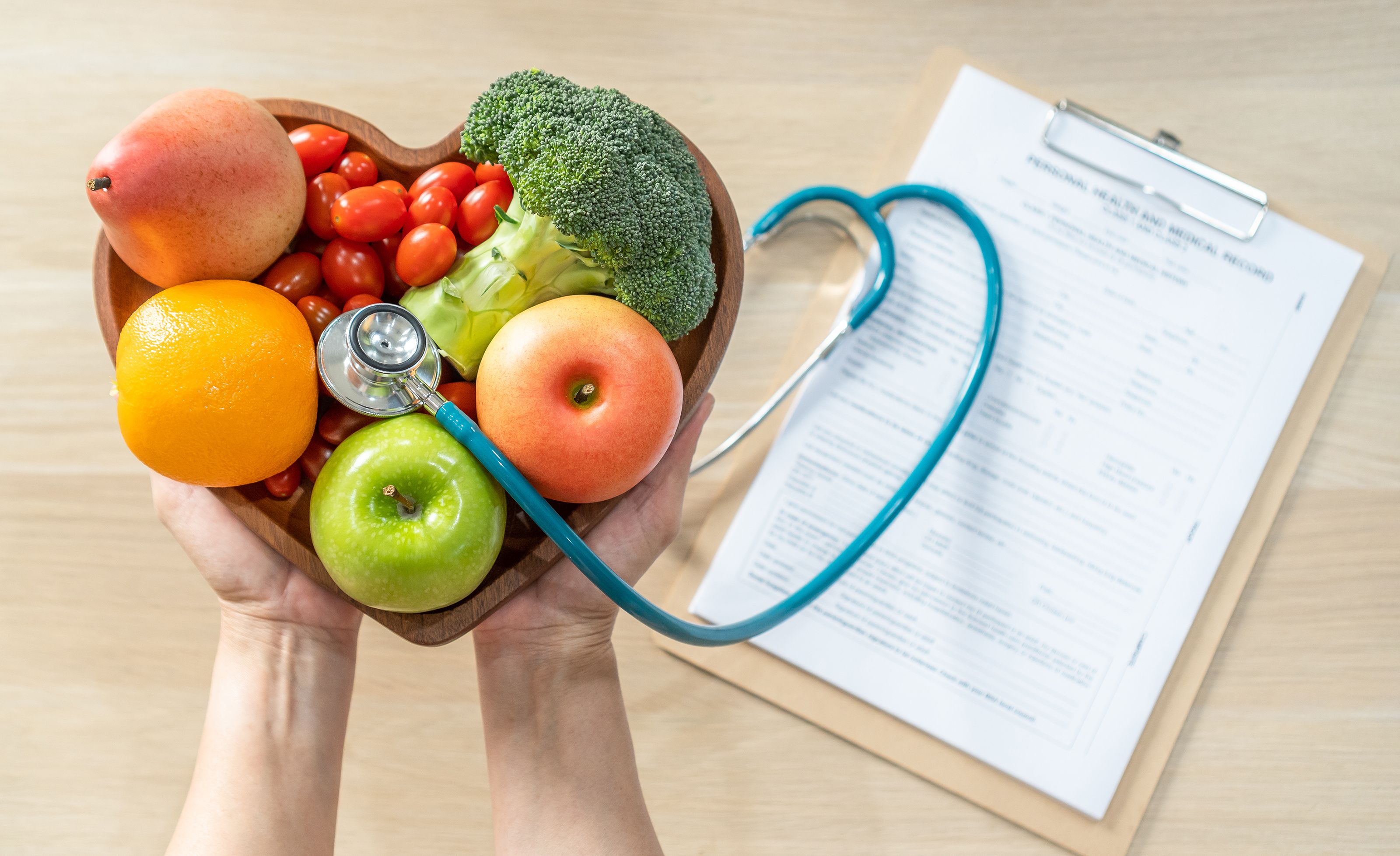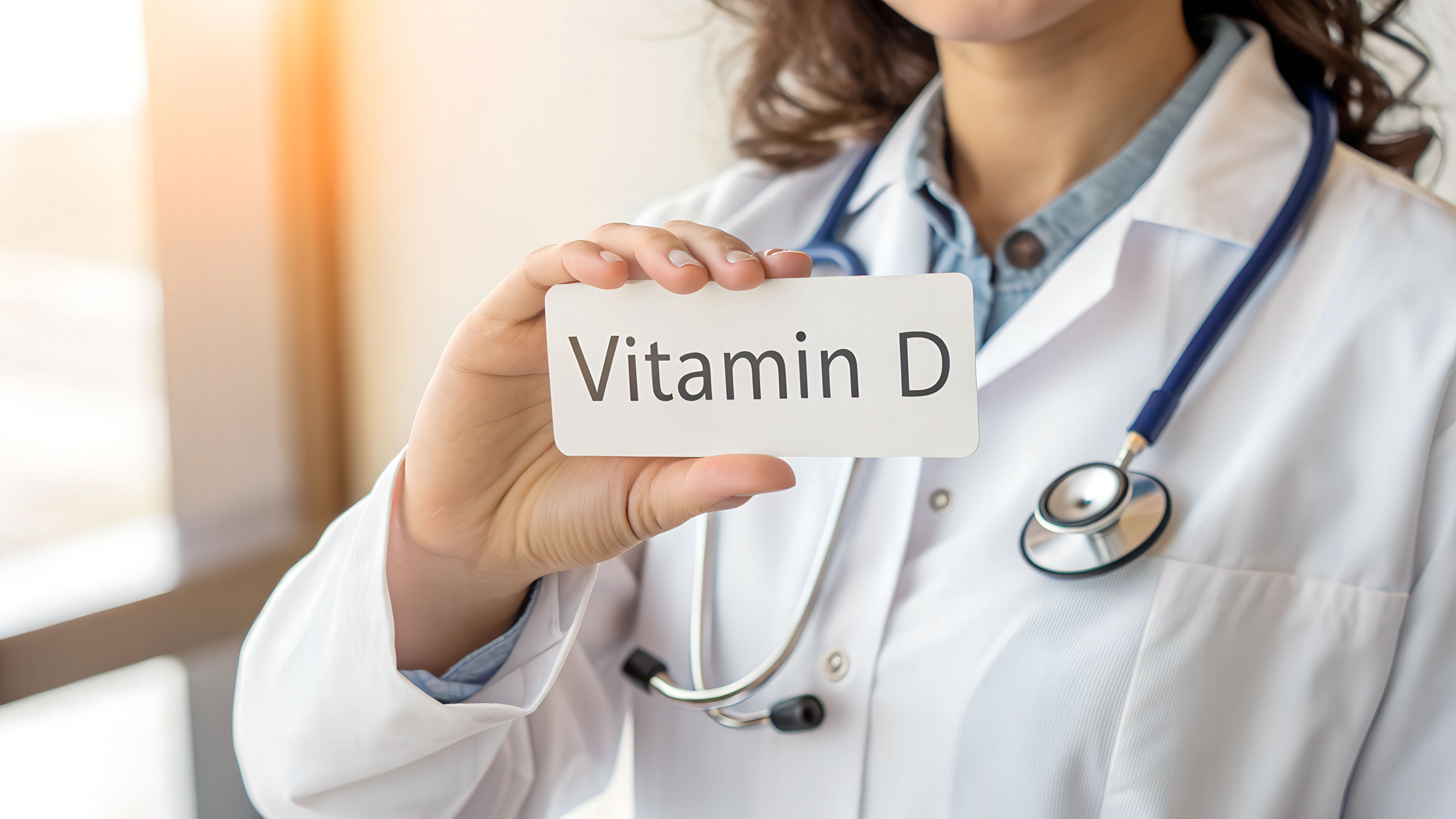Article
Study Links Vitamin C Intake and Skeletal Muscle Mass in Older Adults
Author(s):
According to the authors of the study, 60% of men and 50% of women participating in the study were not consuming as much vitamin C as was recommended.
A study published in the Journal of Nutrition found a positive association between vitamin C and skeletal muscle mass in older adults. Studied adults who consumed a standard amount of dietary vitamin C were found to have the highest skeletal muscle mass of the study participants, according to its authors.
Individuals tend to lose skeletal muscle mass as they age, which can lead to the development of sarcopenia—a condition characterized by loss of skeletal muscle mass and function—and reduced quality of life.
“As people age, they lose skeletal muscle mass and strength,” said Ailsa Welch, DPhil, in a press release. “People over [age] 50 [years] lose up to 1% of their skeletal muscle mass each year, and this loss is thought to affect more than 50 million people worldwide. It's a big problem, because it can lead to frailty and other poor outcomes such as sarcopenia, physical disability, type-2 diabetes, reduced quality of life and death. We know that vitamin C consumption is linked with skeletal muscle mass. It helps defend the cells and tissues that make up the body from potentially harmful free radical substances. Unopposed these free radicals can contribute to the destruction of muscle, thus speeding up age-related decline.”
The researchers reviewed data from more than 13,000 people between ages 42 and 82 years, who are taking part in the European Prospective Investigation into Cancer and Nutrition (EPIC) study. They calculated their skeletal muscle mass and analyzed their vitamin C intakes from a 7-day food diary. They also examined the amount of vitamin C in their blood.
According to the authors of the study, 60% of men and 50% of women participating in the study were not consuming as much vitamin C as recommended according to the European Food Safety Agency recommendations.
“We are very excited by our findings as they suggest that dietary vitamin C is important for muscle health in older men and women and may be useful for preventing age-related muscle loss,” said Dr. Richard Hayhoe in the press release. “This is particularly significant as vitamin C is readily available in fruits and vegetables, or supplements, so improving intake of this vitamin is relatively straightforward. We're not talking about people needing mega-doses. Eating a citrus fruit, such as an orange, each day and having a vegetable side to a meal will be sufficient for most people.”
REFERENCE
How vitamin C could help over 50s retain muscle mass [news release]. EurekAlert; August 26, 2020. Accessed May 6, 2021. https://www.eurekalert.org/pub_releases/2020-08/uoea-hvc082620.php
Newsletter
Stay informed on drug updates, treatment guidelines, and pharmacy practice trends—subscribe to Pharmacy Times for weekly clinical insights.






